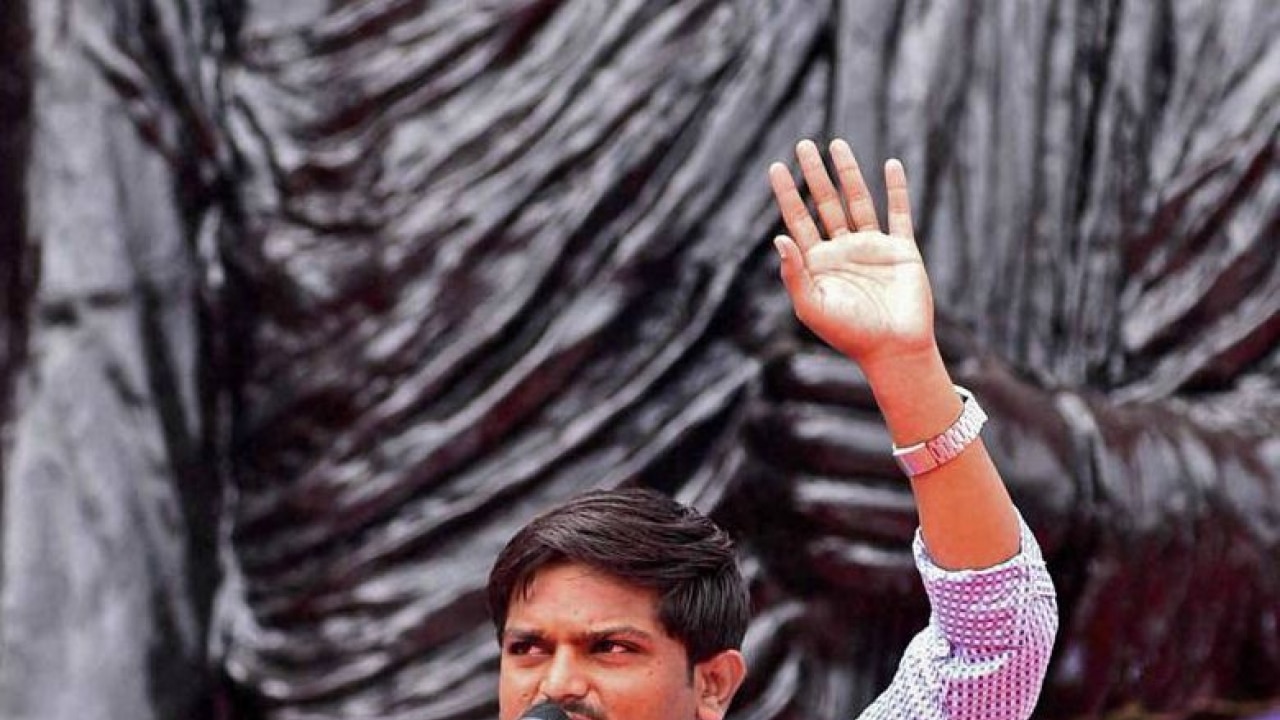
The violent turn to the Patidar reservation stir and the rise of 21-year-old Hardik Patel as a formidable leader has come as a heavy blow to the otherwise surefooted Gujarat government. Its handling of the protests, that have crossed 50 days now, leaves much to be desired. The violence reportedly began after Hardik was briefly placed under arrest for unlawful assembly, an avoidable provocation, and the police had no option but resort to lathicharge to disperse unruly mobs, after the mammoth Patidar rally in Ahmedabad on Tuesday. As the agitation’s leader, Hardik cannot wash his hands of the violence by shifting the blame to the government. At this juncture, where public property, including buses, have been burnt, Hardik’s appeal for peace and his claims that his agitation is non-violent are inadequate. He must show maturity beyond his years, call off the protest, and heed Prime Minister Narendra Modi’s appeal to join talks with the state government. The initial spread of the violence, across Gujarat’s major cities, did bring back memories of the 2002 anti-Muslim riots and the recurrent episodes of communal rioting, student-led agitations, and anti-reservation protests in Gujarat since the 1960s. It was in Modi’s 12-year-long stewardship of Gujarat that social tensions appeared to have receded and the state saw a measure of calm.
But as the Patidar agitation indicates, it is more likely that Modi’s firm grip over the administration, the personality cult around him, and the constant touting of Vibrant Gujarat and the Gujarat model, only temporarily forced social tensions underground. It is noteworthy that Modi’s absence has opened up spaces where the Patidars have found the opportunity to flex their political muscle. Even when Keshubhai Patel revolted and aggressively wooed the Patidar community, the Patels had reaffirmed their loyalty to Modi and the BJP. Despite Hardik’s open threat to the BJP that the lotus would not bloom in 2017, a reference to the next assembly polls, he has hardly lost any support. On the contrary, his attack on the BJP appears to have fired up his supporters, evident from the daring acts of arson, and put the carefully groomed image of Gujarat’s cities as urban islands of political tranquillity and models for business friendliness to shame. The violence in Surat has been linked to the slump in the city’s diamond industry, dominated by Patels. Several diamond-making units have shut down or scaled down operations leading to massive job losses.
The fact that the Patidar community, clearly the most dominant social group in Gujarat, could be harbouring socio-political or economic grouses reveals the fraught nature of India’s democratic and developmental trajectory.
Here was a state that embraced big businesses and liberalised economic policies creating the illusion of a land where jobs and opportunities were plentiful in the private sector and citizens had no need for the government, save for law and order and civic services. When the most privileged social group in this state holds the government to ransom, it reveals deep-seated social insecurities that threaten to undermine the progress made since Independence. If dominant social groups like the Patidars, Jats, and Marathas and economically weak upper castes see reservation as their path to upward mobility, it will hardly come as a surprise when Dalit and other backward caste groups, denied access to land, eventually renew the demand for land reforms, another social and political hot potato. Chief Minister Anandiben Patel has done well to reject the Patidar reservation demand.
But the failure to pacify the Patidar groups and to anticipate the violence has sullied her leadership. However, the larger question for the Indian polity to ponder over is the limitations of the private sector in meeting educational and employment aspirations and the pressures this could place on governments.